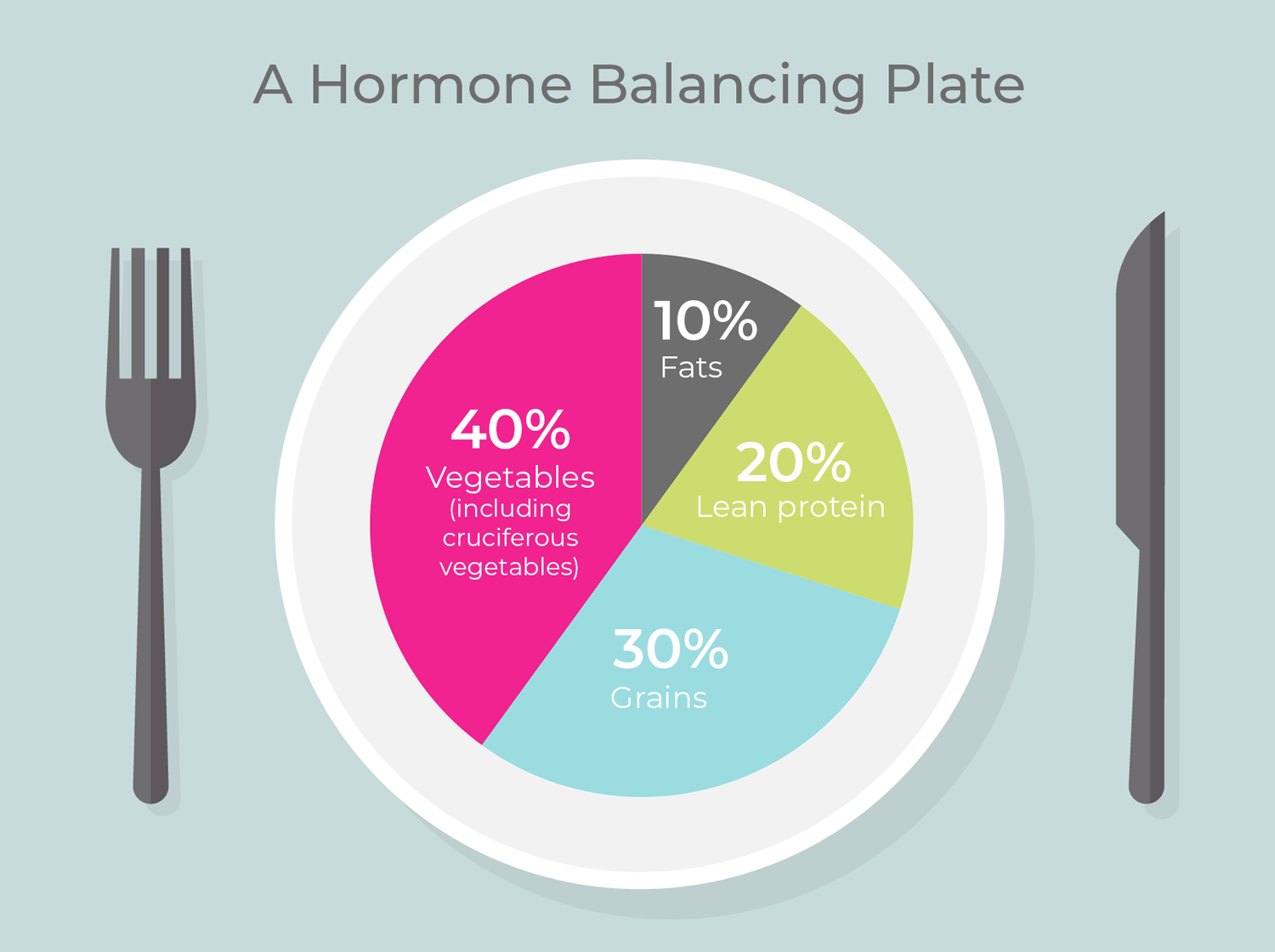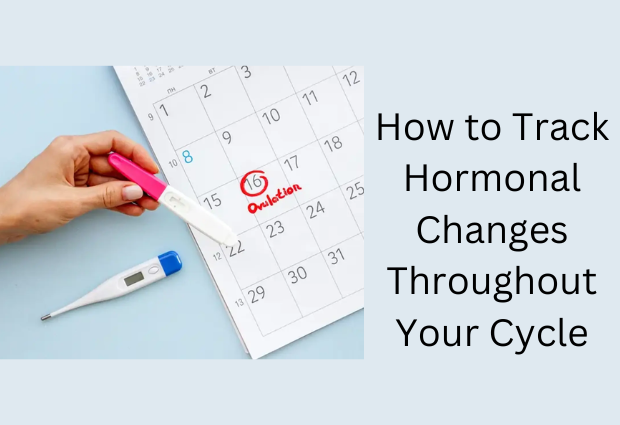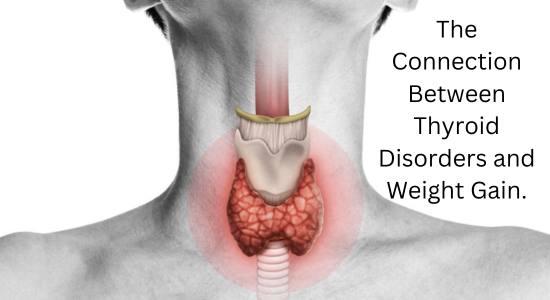Struggling with hormonal imbalances? Discover 10 natural ways to balance your hormones, from diet and exercise to stress management and supplements.
Introduction
Hormonal imbalances can wreak havoc on your body, leading to symptoms like weight gain, mood swings, fatigue, and irregular periods. The good news? You can take control of your hormones naturally through simple lifestyle changes. In this guide, we’ll walk you through 10 effective steps to balance your hormones and improve your overall well-being.
How to Balance Hormones Naturally
Hormonal imbalance can affect various aspects of your health, from mood swings to weight gain, and even fertility. Fortunately, there are natural methods to help restore hormonal balance, promoting overall well-being and preventing many of the symptoms associated with hormonal fluctuations. This step-by-step guide will explore how to balance hormones naturally through diet, lifestyle, and mindful practices.
What Causes Hormonal Imbalance?
Hormones are essential chemical messengers that regulate numerous bodily functions, including metabolism, mood, reproductive health, and stress response. Hormonal imbalances occur when these hormones are either too high or too low. This imbalance can be caused by:
- Stress
- Poor diet and nutrition
- Lack of physical activity
- Hormonal changes (e.g., during menopause, pregnancy, or puberty)
- Environmental toxins
- Medical conditions such as thyroid disorders or polycystic ovary syndrome (PCOS)
The good news is that with a few simple lifestyle changes, you can support your body’s natural hormonal balance. Let’s explore how to restore harmony in your body naturally.
Step 1: Eat a Hormone-Balancing Diet

Your diet plays a crucial role in regulating hormones. The foods you consume can either support or disrupt hormonal balance, so it’s important to prioritize certain foods while avoiding others.
Foods to Include
-
Healthy Fats: Omega-3 fatty acids are vital for hormone production. Include sources like salmon, walnuts, chia seeds, and flaxseeds to support healthy hormone function.
-
Leafy Greens and Vegetables: Cruciferous vegetables like broccoli, kale, and cauliflower help detoxify excess estrogen in the body, promoting balanced hormone levels.
-
High-Quality Protein: Lean meats, eggs, legumes, and nuts provide essential amino acids that help produce and balance hormones.
-
Fiber-Rich Foods: Whole grains, legumes, and vegetables are rich in fiber, which helps regulate insulin and cortisol levels, two hormones tied to metabolism and stress.
-
Adaptogenic Herbs: Certain herbs, like ashwagandha and maca root, help the body adapt to stress and regulate cortisol levels, supporting overall hormonal health.
Foods to Avoid
-
Processed Foods: Refined sugars and unhealthy fats found in processed foods can disrupt insulin, estrogen, and cortisol levels, leading to imbalances.
-
Caffeine and Alcohol: Excessive consumption of caffeine and alcohol can negatively impact estrogen and cortisol balance, so it’s best to consume these in moderation.
-
Soy Products: While soy can be healthy in moderation, too much soy may interfere with estrogen levels due to its phytoestrogen content, which can mimic estrogen in the body.
Step 2: Manage Stress Effectively

Chronic stress is one of the most common contributors to hormonal imbalance, particularly by increasing cortisol, the stress hormone. Elevated cortisol can interfere with other hormones like thyroid hormones and insulin, leading to a cascade of hormonal problems.
Stress Management Techniques
-
Practice Mindfulness and Meditation: Regular mindfulness practices, including deep breathing, meditation, or yoga, can help reduce cortisol levels and restore a sense of calm.
-
Physical Activity: Exercise is a natural way to lower cortisol levels while boosting mood-regulating hormones like serotonin and endorphins. Aim for moderate exercise such as walking, cycling, or swimming.
-
Sleep Well: Quality sleep is crucial for hormonal balance. Aim for 7-9 hours of uninterrupted sleep each night to allow your body to repair itself and regulate hormone levels.
Step 3: Incorporate Supplements
Certain supplements can support hormonal balance by addressing specific deficiencies or helping your body adapt to hormonal changes. Always consult a healthcare provider before starting new supplements to ensure they’re appropriate for your needs.
Recommended Supplements for Hormonal Balance
-
Magnesium: This mineral is essential for regulating stress hormones like cortisol and promoting better sleep.
-
Vitamin D: Vitamin D plays a key role in regulating insulin and thyroid function. A deficiency can lead to imbalances in these hormones.
-
Probiotics: A healthy gut microbiome is crucial for hormone balance, as the gut helps process and eliminate excess hormones. Consider adding probiotic-rich foods like yogurt, kefir, and kimchi to your diet.
-
Omega-3 Fatty Acids: As mentioned earlier, omega-3s help balance inflammation and support hormone production. Supplements can provide an additional boost if your diet lacks these fats.
Step 4: Detoxify Your Body

Environmental toxins, such as pesticides, plastics, and endocrine disruptors, can interfere with hormone production and balance. By reducing your exposure to these toxins, you can support your body’s natural detoxification processes.
Detoxification Tips
-
Choose Organic: Opt for organic produce when possible to avoid pesticides that may disrupt hormone function.
-
Avoid Plastic: Limit the use of plastic containers and bottles, as chemicals like BPA can interfere with estrogen levels. Choose glass or stainless steel instead.
-
Support Liver Health: The liver plays a key role in detoxifying excess hormones. Foods like garlic, beets, and turmeric can support liver function and enhance detoxification.
Step 5: Exercise Regularly

Exercise is essential for maintaining hormonal balance, particularly when it comes to regulating insulin, cortisol, and thyroid hormones. While intense workouts are beneficial, moderate, consistent exercise is key for long-term hormone health.
Types of Exercise to Try
-
Strength Training: Weightlifting and resistance exercises promote the release of growth hormones, which can support muscle mass and metabolism.
-
Cardio Exercise: Regular cardio, such as walking, running, or swimming, helps balance hormones related to energy production, such as thyroid and insulin.
-
Yoga: Yoga is known for reducing stress and balancing cortisol levels, while also promoting flexibility and strength.
Also read about: How to Track Your Menstrual Cycle for Better Reproductive Health
FAQ
- How long does it take to balance hormones naturally?
- It can take a few weeks to several months, depending on the severity of the imbalance and your consistency with lifestyle changes.
- Can diet alone balance hormones?
- Diet is a key factor, but combining it with stress management, exercise, and sleep is most effective.
- What are the signs of hormonal imbalance?
- Common signs include weight gain, fatigue, mood swings, irregular periods, and acne.
Resources
- “Top Foods for Hormonal Balance“
- Recommended hormone-balancing meal plan
Conclusion
Balancing your hormones naturally is about making intentional choices that support your body’s overall health. By incorporating a hormone-friendly diet, managing stress, supporting your liver and gut health, and exercising regularly, you can restore balance to your hormones and improve your well-being. It’s important to listen to your body, and if symptoms persist or worsen, consider seeking the advice of a healthcare provider to ensure you’re taking the best approach for your individual needs.


Pingback: How to Track Your Menstrual Cycle for Better Reproductive Health
Pingback: How to Manage Painful Periods Naturally.
Pingback: The Impact of Smoking on Women’s Reproductive Health.
Pingback: Signs of Hormonal Imbalance Women Shouldn’t Ignore
Pingback: The Link Between Endometriosis and Infertility.